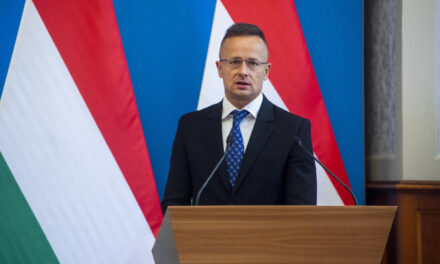40 percent of Hungarian households plan energy saving investments; Since July last year, people would spend 10 percent more on energy efficiency upgrades in their homes, according to the latest representative research by Cofidis Credit Monitor.
The credit specialist company examines the expectations of domestic households regarding their financial situation on a quarterly basis.
The latest survey reveals that 84 percent of Hungarians expect challenging times in the future, but the sentiment index of the Cofidis Credit Monitor family fund, which stands at minus 23 points, paints a less pessimistic picture compared to the end of last year. Despite the 14-point improvement of the indicator, the results are still similar to the first period of the coronavirus epidemic.According to the research, the implementation of the plans was hindered by increased expenses due to inflation. Almost a quarter of Hungarians live comfortably on their income, but at the same time, three quarters of respondents have insufficient family funds. For the majority, this shortfall means about HUF 200,000 per month. Due to the increase in food prices, compared to July last year, the respondents spend HUF 35,000 more on this per month.
Based on the survey, Hungarians have become cautious, according to 59 percent, it is worth waiting with the planned loans. At the same time, a fifth of them still believe that it is worthwhile to implement the given investment with the help of a loan, if you invest the money in something that will bring back its value. The data shows that those who have already planned for the given profitable investment in the last 3 years, have started heating modernization (45 percent), insulation (34 percent), and the installation of a solar panel system (28 percent).
For Hungarians, the real motivation for energy-saving investments is not environmental awareness, but to save as much money as possible: 13 percent of them think this is the only thing that matters, and 40 percent of them, although they take sustainability considerations into account, consider it more important to spend less thanks to modernization.According to Cofidis research, 9 percent of Hungarians plan to take out a loan in the next year. The average planned loan amount is HUF 1.169 million, the most common loan purposes are the purchase of a home (33 percent) and home renovation (30 percent), and the third place is the purchase of a car with 22 percent.
The Cofidis Credit Monitor research has been conducted by NRC Marketingkutató és Tanácsadó Kft. since 2011, with online data collection on a sample of 1,000 people, four times a year. The data are representative of the Hungarian Internet-using population aged 18-69.
Source: demokrata.hu













